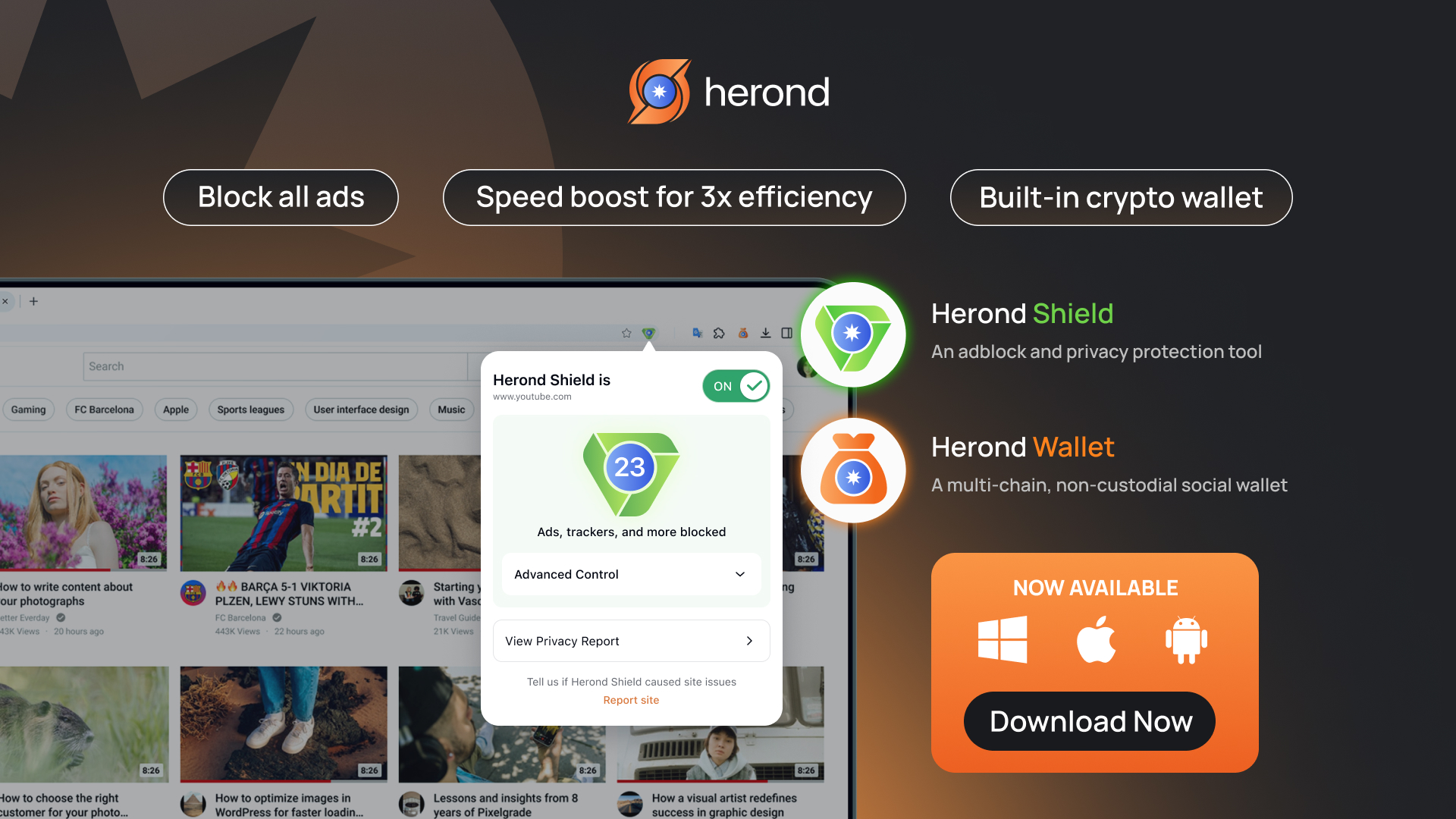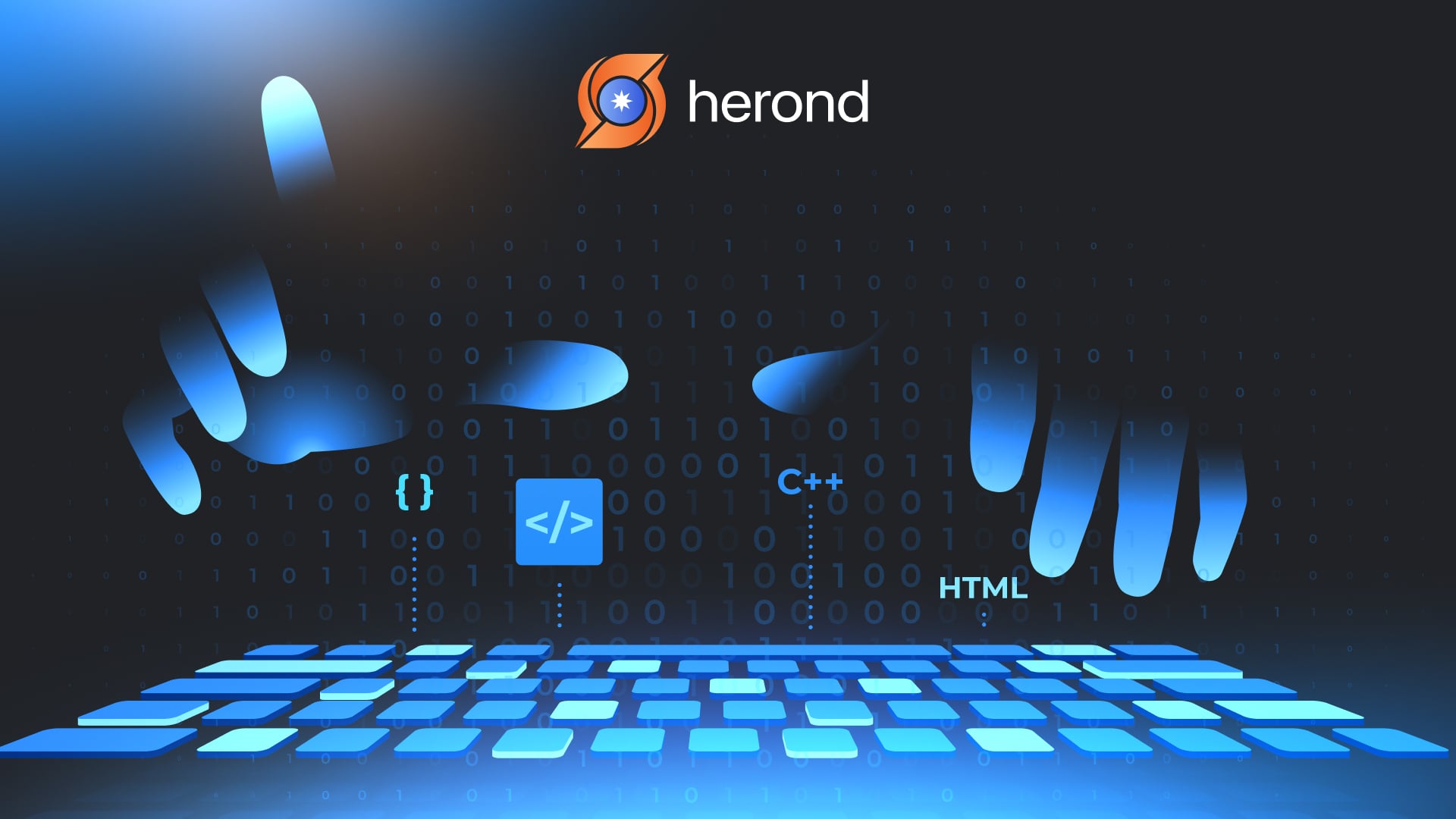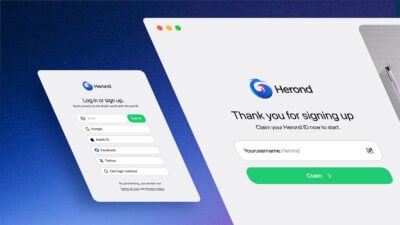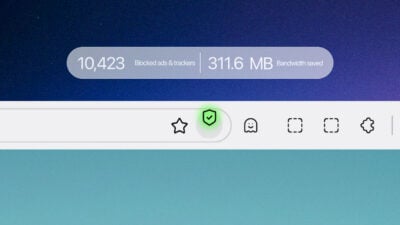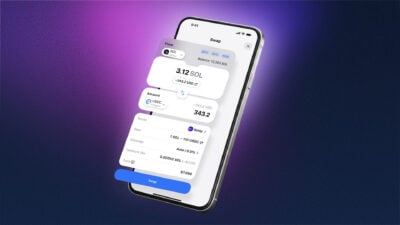Web programming has come a long way, and the future is even more exciting. With rapid advancements in technology, web programming is evolving to create faster, more secure, and more immersive experiences. From AI-driven development to decentralized web applications, there’s a lot to look forward to. In this blog, we’ll explore what the future holds for web programming, from emerging trends to tools, and how you can stay ahead of the curve.
Learn more: What Are Dapps and Why Are They Important in Web3?
What is Web Programming in the Future Context?
In the future, web programming will be much more than just building websites. It will involve creating powerful, AI-driven web applications, immersive digital environments, and decentralized systems. The focus is shifting from just coding to crafting dynamic, user-centric experiences that integrate seamlessly with the digital world.

Top Trends Shaping the Future of Web Programming
Several exciting trends are transforming the landscape of web programming, and here’s what you should know:
AI-Powered Web Development
AI is already starting to make waves in web programming, and its role will continue to grow. Imagine a tool that can help you write code, suggest optimizations, and even create layouts based on your preferences – this is where AI-powered web development is headed. With tools like RangerTheme, AI can automate parts of the coding process, making web development faster, more efficient, and more accessible to developers of all skill levels.
Web3 and Decentralized Web
Web3 is a game-changer for web programming. Unlike traditional web models, Web3 uses decentralized networks, allowing users to own and control their data. Web programming will focus on creating decentralized applications (dApps) that are more secure, private, and user-driven. The rise of blockchain technology is enabling developers to build applications that run on a peer-to-peer network, making the internet more transparent and less reliant on centralized servers.
Progressive Web Apps (PWAs)
Progressive Web Apps (PWAs) are revolutionizing the way we think about web applications. PWAs combine the best of websites and mobile apps, offering a fast, reliable, and engaging user experience. For web programmers, this means being able to create apps that work seamlessly across devices and platforms without needing to rely on app stores or heavy downloads.
No-Code and Low-Code Platforms
For non-developers, no-code and low-code platforms are lowering the barrier to entry for web programming. These platforms allow you to create fully functioning websites and applications without writing a single line of code. While they’re not a replacement for professional web development, they offer a quicker way to build web projects for those without coding experience, expanding the reach of web programming to a broader audience.
Immersive Web with WebXR
With WebXR, the immersive web is becoming a reality. This technology brings augmented reality (AR) and virtual reality (VR) directly into your browser, allowing users to experience 3D environments without the need for specialized hardware. For web developers, this opens up new possibilities for creating interactive, immersive web applications, from virtual stores to digital entertainment.
Enhanced Security and Privacy
As more people rely on the internet for day-to-day activities, security and privacy become even more crucial. Future web programming will need to address emerging threats and privacy concerns by building secure applications that protect user data. This will involve encryption, secure user authentication, and privacy by design, all of which will be a priority for developers in the coming years.
Learn more: Exploring Web3 Browsers: Secure Ways to Access the Decentralized Web
The Role of Tools and Certifications in Web Programming
To stay ahead in the future of web programming, using the right tools and acquiring web programming certifications will be key. Tools like React.js, Vue.js, and Node.js will remain central to front-end and back-end development, while certifications will help validate your skills and enhance your credibility in the job market.
Web Design Programs
Programs like Figma and Adobe XD will continue to be essential for web programming as they allow for seamless design and development of user interfaces. These tools enable designers and developers to collaborate efficiently, making the process of creating responsive and dynamic websites much smoother.
Web Page Builder Programs
For those new to web programming, web page builder programs like WordPress and Wix are excellent starting points. These platforms allow you to create professional websites with minimal coding knowledge, while still offering customization options for developers as they grow their skills.
Learn more: Top Web3 Security Tips to Keep Your Crypto Safe

Skills to Master for the Future of Web Programming
The future of web programming requires developers to have a diverse skills set to stay competitive in an ever-evolving industry. Here’s what you’ll need to focus on:
- JavaScript Frameworks (React, Vue.js, Angular)
JavaScript frameworks are essential for building modern web applications. React is widely used for creating interactive UIs, while Vue.js offers a simpler approach for developers who want flexibility without complexity. Angular is a robust framework that’s ideal for large-scale applications. Mastering these will help you build fast, scalable websites and apps. - Web3 and Blockchain
As the internet transitions to Web3, blockchain development becomes increasingly important. Understanding decentralized technologies like Ethereum, Solidity, and smart contracts will be essential. Developers with blockchain expertise are in high demand as more projects move away from centralized systems. - AI and Machine Learning
Integrating AI and machine learning into websites can revolutionize user experience. Whether it’s through chatbots, personalized recommendations, or predictive features, mastering these technologies will make you a valuable asset to any web development team. - WebXR
Immersive web experiences powered by WebXR are gaining traction. As AR/VR becomes more mainstream, developers who can create these types of experiences will be in high demand. Learning WebXR allows you to create dynamic, interactive digital worlds right in the browser.
By honing these skills, you’ll be prepared for the exciting future of web programming.

How to Prepare for the Future of Web Programming
The future of web programming is full of new opportunities, and staying ahead means being proactive. Here’s how to prepare:
- Stay Updated
With technology changing fast, keeping up with the latest trends is crucial. Follow industry blogs, attend webinars, and explore new tools to stay in the loop. Continuous learning will ensure you’re always at the forefront of web programming. - Join Communities
Becoming part of the web programming community is essential for growth. Platforms like GitHub, Stack Overflow, and Reddit allow you to interact with experienced developers, learn from others, and keep your skills sharp. Being active in these communities will also expose you to new ideas and solutions. - Get Certified
Certifications can be a powerful way to showcase your skills. Platforms like Coursera, freeCodeCamp, and Udemy offer in-depth courses that teach both foundational and advanced web development skills. Having web programming certifications can boost your credibility and help you stand out to employers.
Preparing for the future of web programming means staying informed, engaging with the community, and continuously improving your skill set.
Learn more: How to Optimize Your Website for Rapid Traffic Growth

Top Resources for Future-Ready Web Programming
To stay ahead in the world of web programming, you need the right resources. Here are a few great platforms to help you get started:
- FreeCodeCamp
FreeCodeCamp offers hands-on tutorials and projects to help you learn everything from HTML and CSS to more complex topics like APIs and backend development. With a large community of learners, it’s one of the best places to start and grow your skills. - MDN Web Docs
For developers of all levels, MDN Web Docs is an invaluable resource. It provides detailed guides and tutorials on HTML, CSS, JavaScript, and more. It’s great for both beginners and seasoned developers who need a solid reference for web technologies. - Coursera and Udemy
Both Coursera and Udemy offer a wide range of web programming courses taught by experts. From front-end development to full-stack programming, these platforms provide access to courses from top universities and tech companies.
By using these resources, you’ll gain the knowledge and practical experience needed to stay future-ready in web programming.
Conclusion
The future of web programming offers incredible opportunities for growth and innovation. By mastering emerging technologies like AI, Web3, and WebXR, and staying updated with the latest trends and tools, you can position yourself for success in this ever-evolving field. Keep learning, engage with the community, and don’t forget to use the right resources to stay ahead of the curve. With the right mindset and continuous improvement, the future of web programming is yours to explore.
About Herond Browser
Herond Browser is a cutting-edge Web 3.0 browser designed to prioritize user privacy and security. By blocking intrusive ads, harmful trackers, and profiling cookies, Herond creates a safer and faster browsing experience while minimizing data consumption.
To enhance user control over their digital presence, Herond offers two essential tools:
- Herond Shield: A robust adblocker and privacy protection suite.
- Herond Wallet: A secure, multi-chain, non-custodial social wallet.
As a pioneering Web 2.5 solution, Herond is paving the way for mass Web 3.0 adoption by providing a seamless transition for users while upholding the core principles of decentralization and user ownership.
Have any questions or suggestions? Contact us:
- On Telegram https://t.me/herond_browser
- DM our official X @HerondBrowser
- Technical support topic on https://community.herond.org
